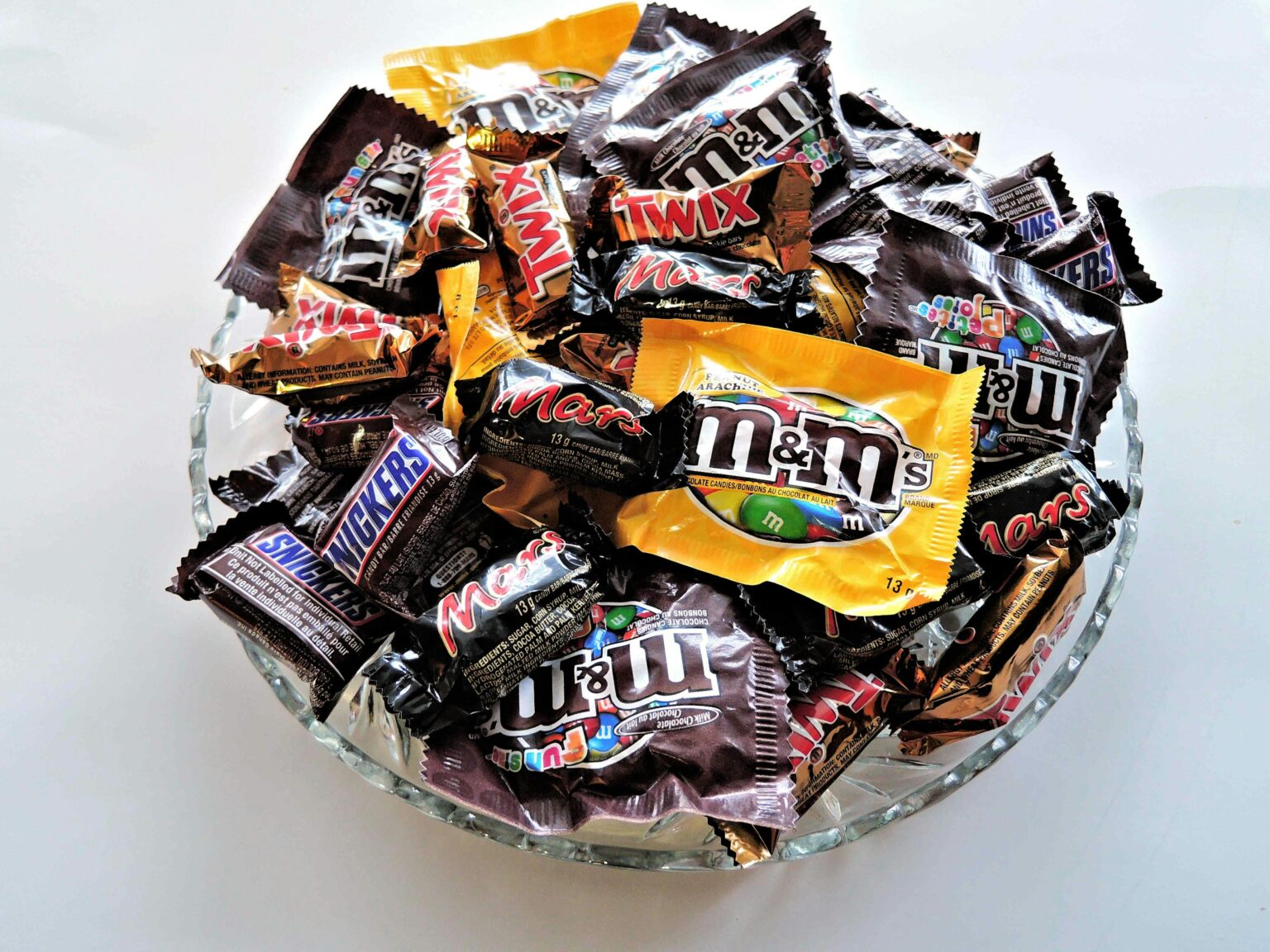The European Commission has opened a full-scale antitrust investigation into Mars Incorporated’s proposed $35.9 billion acquisition of Kellanova, the company formerly known as Kellogg.
The merger would unite two of the world’s most iconic consumer goods groups, raising regulatory concerns about potential price increases for everyday food products across the European Economic Area (EEA).
The Commission’s preliminary assessment raises “serious doubts” about whether the acquisition would reduce competition, particularly by giving Mars excessive bargaining power over EU retailers.
“As inflation-hit food prices remain high across Europe, it is essential to ensure this acquisition does not further drive up the cost of shopping baskets,” said Teresa Ribera, Executive Vice-President for the Clean, Just and Competitive Transition.
A Concentrated Pantry of Power
Mars and Kellanova together own a powerful collection of household brands: from M&M’s, Twix, and Whiskas to Pringles, Special K, and Cheez-It. EU regulators fear the merged entity could leverage these “must-have” products to extract higher prices from retailers, which may in turn be passed on to consumers.
Retailers across several EU Member States have voiced concerns that the combined portfolio would be too dominant, pressuring supermarkets to agree to less favorable terms. The Commission noted that because many consumers shop in just one supermarket, any inability to offer Mars–Kellanova products could lead retailers to lose market share—giving Mars undue leverage.
Phase II Investigation Underway
The transaction was formally notified to the Commission on 16 May 2025. The in-depth “Phase II” review, announced 25 June, allows the Commission up to 90 working days—until 31 October 2025—to reach a final decision. During this time, the Commission will assess whether the merger would significantly impede effective competition in the EEA.
Importantly, the opening of this investigation does not prejudge its outcome. However, the launch of a Phase II inquiry signals substantial concerns that will require remedies or concessions if the deal is to proceed.
Strategic Fit or Competitive Risk?
Mars touts the acquisition as a strategic expansion into new snacking categories and global markets. The deal would bring two more billion-dollar brands—Pringles and Cheez-It—under Mars’ control and significantly deepen its presence in health-focused and plant-based snack segments.
“This is an exciting opportunity to create a broader, global snacking business,” said Andrew Clarke, Global President of Mars Snacking. “Our complementary portfolios and R&D capabilities will unleash consumer-centric innovation.”
Yet regulators remain cautious. With Kellanova’s strong presence in cereals and salty snacks, and Mars’ dominance in chocolate, chewing gum, and pet food, the merger could sharply reduce choice and pricing power for retailers and consumers alike.
What’s Next
With no other Phase II merger investigations currently underway, the Mars–Kellanova case is poised to become a key test of the EU’s merger enforcement in the fast-evolving consumer goods sector. The coming months will reveal whether the deal can move forward—and under what conditions.
More information will be made available under case number M.11753 on the Commission’s competition website.
